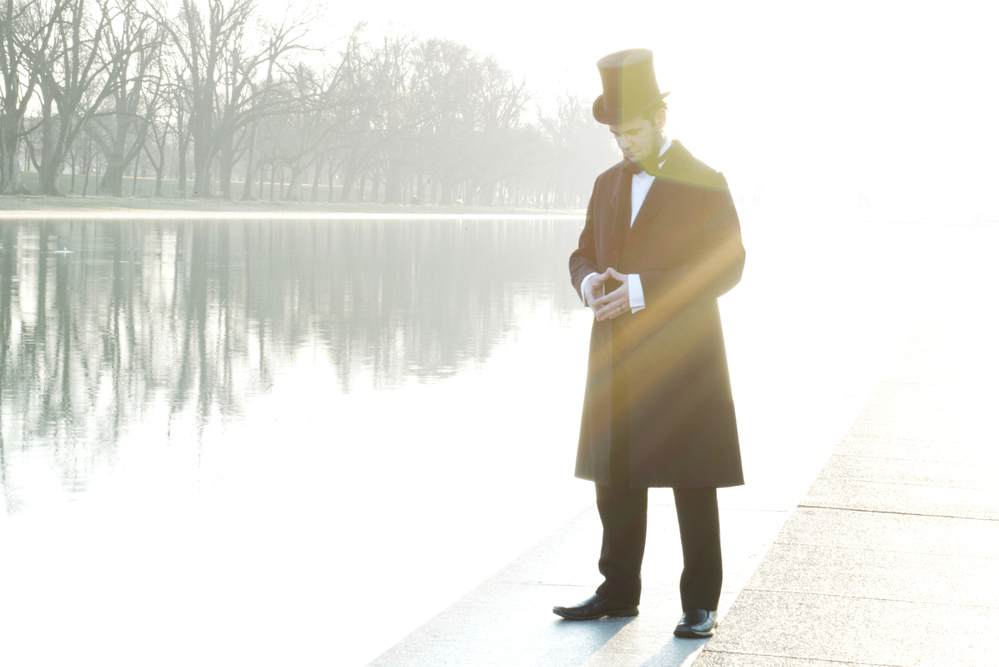Finance
Lessons from Lincoln, Then and Now (with Diana Schaub)

Russ Roberts: and his rise to the presidency. He is 28 years old. What is happening in the country that he is concerned about? What worries him that is actually the focus of the speech?
Diana Schaub: Yes. So what he notices is an increase in lawlessness, an increase in the number of outbreaks of mob action and mob rule. So that’s the diagnosis he gives about the current Danger.
Later in the speech he will also talk about future dangers, but the beginning of the first half of the speech is about the present danger, which is these outbreaks of the mob. These are examples of vigilante justice where citizens think, “I want to achieve justice faster than the law allows me.”
And so you had examples of citizens taking the law into their own hands: hanging gamblers, hanging blacks suspected of rebellion, hanging whites suspected of collaborating with the enslaved population.
And Lincoln says these outbreaks of mob rule are happening all over the country. He says it’s not specific to one region.
But interestingly enough, he says it doesn’t apply specifically to slave-holding areas, or to non-slave-holding areas.
So even though he seems to be saying that slavery is not the cause of the outbreaks, nevertheless all the examples he gives, and the fact that he introduces this important division about whether you live in a state that holds slaves or in a state that does not hold slaves, leads me to believe that he really believes that slavery is the driving force behind these outbreaks.
Russ Roberts: America is still quite young at the moment. It is less than 50 years old. Why is that relevant to Lincoln? What is the age of the country and the history of the country before, until now – what is the significance of that for Lincoln?
Diana Schaub: Yes. It’s clear he’s thinking about what it means to be a post-founding generation. So the beginning of the speech is about the Founders, what they accomplished. They gave us two things. They gave us this “good country,” and they gave us a political edifice of freedom and rights.
And what he is saying is that we – meaning his generation – are the happy heirs of these two good things. And in that first presentation, he seems to suggest that the Founders did the hard work. And as heirs, that’s all we have to do pass along these things to the next generation.
So, he says, you know: they were the brave, strong and patriotic generation, and they belong to us only to pass this on. Like that’s a simple thing to do.
So his initial presentation is: let’s just keep this going. Right? Our job is the job of maintenance.
And then, as the speech progresses, it becomes clear that the task of maintenance may be the more difficult task.
And so at the end of the speech he will return to the Foundation and explain how the passions of both the few and the many at the time of the Foundation worked together to make the Foundation possible.
He says, then, that for the few, their ambition could be satisfied by this great experiment, and that their individual ambition was more or less incidentally connected with this great cause of establishing self-government.
And for the many, he says they could hate the British, and that united them. And dangerous passions such as hatred and revenge played a salutary role at the time of the Foundation.
And so I think in a sense his argument is that the Foundation was helped by a kind of scaffolding of passion. But what happens in the future for the generations after the founding of the foundation is that these passions can no longer play the same beneficial role.
And so there is a danger that the passions of some will take a different direction. Right? If you can’t become famous as a Founder, then you can become famous as the person who destroys, you know, an Alexander, a Caesar, a Napoleon.
And what happens for many is that passions are part of human nature. They will remain: hatred and revenge and jealousy, envy. But now these will be directed inward against fellow Americans.
And so his claim ultimately is that the task for future generations – for the generations after the founding – is to place the project of self-government on a new foundation, not on a foundation of passion, but on a foundation of reason.
And that is really a very, very high demand that Lincoln places on American citizens.
So I think he’s calling for a kind of – I don’t know – a refinement, a spiritualization of the project of self-government, and actually showing that self-government in the world collective depends on the existence of self-governing individuals; and that means the primacy of reason about passion in the human soul.













